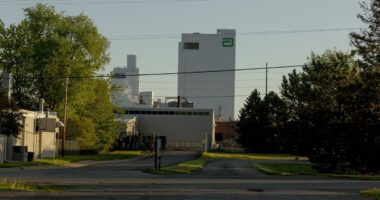
For nearly a year, large swaths of Europe’s economy have been in a deep freeze.
Trillions in state-backed subsidies and inexpensive loans have kept businesses alive, while governments pay millions of furloughed workers to stay home. In much of Europe, layoffs or forced bankruptcies are banned.
In pursuing such policies, European leaders have bet that, once the pandemic subsides, they can defrost the region’s $18 trillion economy, allowing businesses to fire up quickly and bring back workers. It’s an intentional effort to slow an economic deep clean, dubbed by many economists creative destruction. This reflects a political choice: Europeans are generally less tolerant of the brutal adjustments required by the U.S. model of capitalism.
But as the pandemic drags on and Europe’s vaccine rollout is expected to stretch through the year and beyond, some policy makers, economists and business executives worry that mothballing the economy for so long will leave it struggling to adapt to the seismic business and social changes the crisis is driving. That could stall an economic recovery.
“Trying to freeze work where it was and how it was is in many cases a profound mistake, because it delays the corporate reorganizations, new investments and new hires that are necessary,” said Carlo Bonomi, chairman of Confindustria, the Italian employers’ federation. While Europe keeps the economy in suspended animation, the U.S. is already creating new jobs and businesses.









